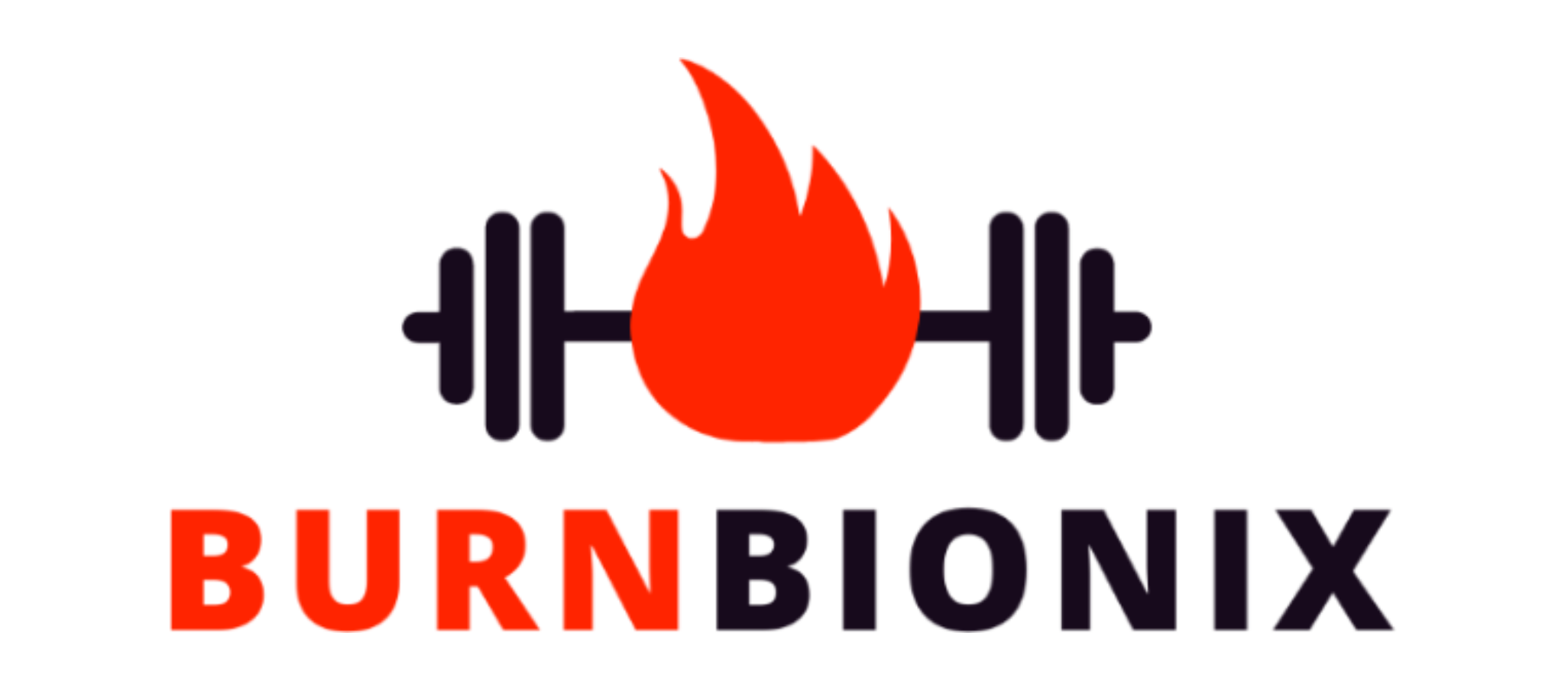You know that thing where you look in the mirror one day and wonder who the person staring back at you is? The wrinkles, the creaky joints, the lack of muscle tone? Yeah, me too. It happens to all of us as we get older. But what if I told you there’s an ingredient that could help turn back the clock on aging? Enter collagen.
This protein is already abundant in our bodies, keeping our skin smooth, joints flexible, and muscles strong. The problem? Collagen production starts dropping as we age. Bummer! The good news? Consuming more collagen can help! In this article, I’ll walk through all the science-backed ways collagen benefits beauty, health and performance. Get ready for some anti-aging inspo!
Understanding Collagen
Collagen is like the glue that holds our bodies together. It’s the most abundant protein in the human body, making up 30% of all protein. There are at least 16 different types of collagen, but nearly 90% is Type I, II, or III. These form strong fibers that provide structure and resilience to the skin, bones, muscles, tendons, ligaments, cartilage, and blood vessels.
Basically, collagen gives tissues their stretch and strength. It’s what enables our skin to snap back into place, our joints to flex freely, and our muscles to contract powerfully during exercise. Our bodies produce collagen naturally, but this production starts decreasing around age 25. That’s why taking supplemental collagen or eating collagen-boosting foods can help maintain our collagen stores as we age. Gotta keep those collagen levels up!
Collagen Benefits for Beauty
If you’re keen on maintaining that youthful glow, listen up! Collagen is a major player in the game of beauty. How, you ask? Well, it has everything to do with your skin’s health and appearance.
First off, collagen makes up a whopping 75% of your skin’s dry weight. Yep, you read that right! It’s what keeps your skin plump, smooth, and elastic. Imagine a bed with a bouncy mattress—that’s your skin with enough collagen.
But here’s the kicker— as we age, our bodies produce less collagen. This is when wrinkles start making an unwanted appearance. Remember that bouncy mattress? It starts losing its bounce, and the skin begins to sag and crease. Yikes!
Now, before you start panicking, hear this out. While we can’t stop the natural aging process (and that’s okay!), there are ways to support our skin’s collagen levels. Eating a balanced diet, getting enough sleep, and avoiding excessive sun exposure can help. So can certain skincare products that contain collagen or stimulate its production. But more on that later. For now, just know that collagen is your skin’s BFF when it comes to maintaining its health and elasticity.
Collagen Benefits for Health
Collagen plays a huge role in keeping our entire body strong and healthy as we age. Collagen makes up the cartilage that cushions our joints, tendons that attach muscle to bone, and ligaments that provide stability. So it’s no surprise that decreasing collagen leads to creaky, achy joints.
Some promising research indicates that supplementing with collagen may reduce joint pain and inflammation to improve mobility. In one study, athletes taking collagen had a significant reduction in joint pain during activity.
Collagen also supports strong bones by making up the soft tissue between bones and promoting bone mineral density. Studies show collagen peptides may help inhibit bone breakdown to maintain bone health.
Finally, collagen contributes to muscle mass and strength. Consuming collagen during resistance training has been found to increase fat-free mass and muscle strength compared to no collagen.
More human studies are needed, but it seems collagen supplementation can support joint, bone, and muscle health as we age. I don’t know about you, but I’m willing to try collagen to keep me active and sturdy!
Collagen Benefits for Athletic Performance
If you’re an athlete or just love pumping iron, listen up: collagen can become your new sidekick for gains and recovery.
First, collagen reinforces connective tissues like tendons and ligaments that allow us to move and stabilize joints. Consuming collagen strengthens these structures so we can potentially avoid painful overuse injuries. No fun! Studies show collagen-supplemented folks experience fewer joint sprains and fractures compared to their unsupplemented peers. Winning!
Collagen also minimizes that awful post-workout muscle soreness that makes stair climbing feel like a death sentence. Multiple studies show taking collagen before or after exercise reduces muscle damage and speeds up recovery. Collagen is thought to patch up muscle tissue while also decreasing inflammatory ouchiness.
Finally, collagen contains some special amino acids like glycine, proline and hydroxyproline that literally form the building blocks of our muscles. This amino combo supports muscle growth and performance gains.
The research is pretty clear that collagen benefits muscle-building athletes through injury prevention, faster recovery, and optimized muscle growth. For me, it’s a no-brainer to add collagen to my training regimen. How about you – are you ready to team up with collagen to dominate your workouts? Let’s do this!
The Reality of Collagen Supplementation
Let’s get real for a second about collagen supplements. Sure, they’re all the rage, but do they actually work?
Here’s the lowdown. When you consume collagen, either through your diet or supplements, it’s not directly absorbed as collagen. Instead, your body breaks it down into amino acids during digestion. These building blocks then circulate throughout your body and can be used where needed. That could be for building new collagen, but it might be used elsewhere too.
What’s more, even if the amino acids are used to create collagen, there’s no guarantee that the new collagen will end up where you want it to. Whether it helps smooth out wrinkles or strengthens your joints depends on a lot of factors, like your age, overall health, and the amount of collagen your body naturally produces.
In short, while collagen supplements can support your body’s natural collagen production, they aren’t a magic fix. Just something to keep in mind!
Pros and Cons of Including Collagen in Your Diet
As with everything, there’s a good side and a not-so-good side to including collagen in your diet. Let’s break it down.
Pros: We’ve covered a lot of the good stuff already, but it’s worth repeating. Collagen offers potential benefits for skin health, joint flexibility, bone strength, and even athletic performance. It’s also a good source of protein and amino acids, which are vital for many bodily functions. Plus, with its versatility, you can easily add collagen to your diet through supplements, bone broth, or collagen-rich foods.
Cons: Now, let’s flip the coin. First off, collagen supplements aren’t regulated by the FDA, so quality can vary between brands. Always do your homework before buying. Additionally, consuming collagen doesn’t guarantee it’ll be used where you want it—remember, your body breaks it down into amino acids and uses them as needed. Also, some people may experience digestive side effects from collagen supplements. Lastly, relying on collagen to solve all your health and beauty woes isn’t the best strategy. It’s only one piece of the puzzle and should be part of a balanced diet and healthy lifestyle.
In the end, it’s all about balance and what works best for you. No one-size-fits-all here!
Final Thoughts
Let’s bring this home. We’ve been chatting about collagen, that protein superstar that’s got a hand in keeping our skin radiant, our joints pain-free, and even giving us that extra edge in the gym.
Yet, as we all know, what benefits one person might not have the same impact on another. We’re all wonderfully unique, after all. That’s why it’s crucial to chat with a healthcare professional or a registered dietitian before diving headfirst into a collagen-rich diet. They’ll help you tailor a plan that’s just right for you. Here’s to embracing your uniqueness in your health and wellness journey!









